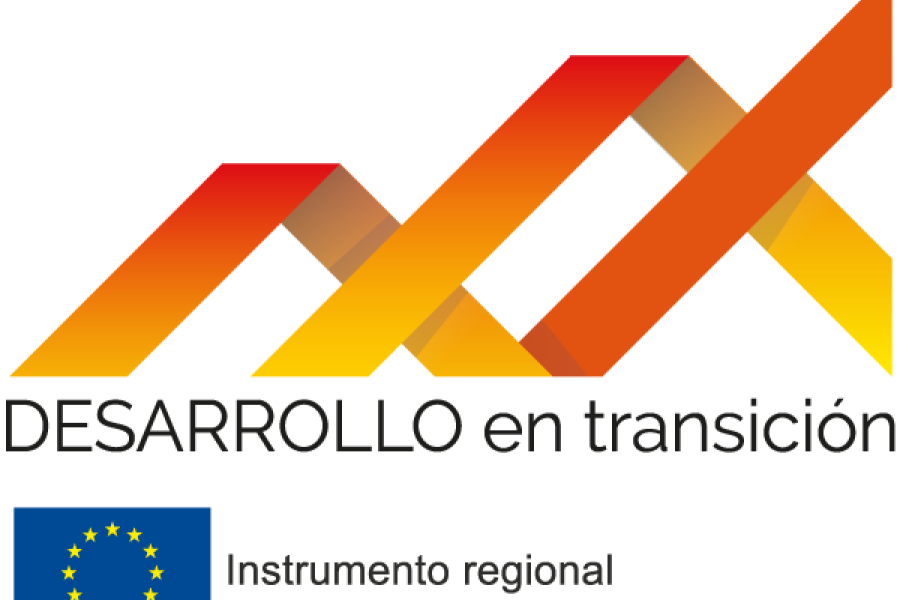Middle income strata, COVID-19 and the challenges of social protection, in the context of Development in Transition Days (DiT)
Work area(s)
Topic(s)
Teaser
In Latin America and the Caribbean, the social and economic impacts associated with the pandemic have been felt significantly in the population belonging to low-income strata. However, the pandemic has also highlighted the vulnerability of our region's middle-income strata, placing them at the center of the debate. This event invites us to discuss social protection strategies and tools, analyzing the feasibility of implementation for a transformative recovery in the region. The debate is expected to delve into regional experiences and scenarios, comparing them with the characteristics of existing welfare states in Europe and their social protection strategies to cope with the pandemic, with a particular focus on middle-income strata.
Event information
Date
14 Jul 2021, 06:30 - 08:30Event type
Participation
The COVID-19 crisis has hit Latin America and the Caribbean (LAC) harder than any other emerging region in the world. In economic terms, the region has suffered a 7.7% drop in GDP, and in human terms, over a million lives have been lost. With around 60% of informal workers and 40% of all workers in the region surviving without any form social safety net before the pandemic hit, the most vulnerable members of society are bearing the brunt of the crisis today.
Furthermore, a series of pre-existing development traps, outlined in the Latin American Economic Outlook 2019, have accentuated the toll of the crisis in the region. As LAC countries chart the path to recovery, development models need to evolve to break the vicious cycles that held the region back even before the crisis struck. We have also seen that national responses alone are not enough to overcome a crisis of global scale; new international partnerships and international co-operation on an equal footing are essential to ensuring a long-term recovery for the region.
At this critical juncture for Latin America and the Caribbean, the EU Regional Facility on Development in Transition is engaged in a series of efforts under “Fostering sustainable development models in LAC countries: A multidimensional approach to the post-COVID-19 world”. Partners including the OECD and its Development Centre, ECLAC and the European Commission (INTPA) have joined forces with key regional institutions to contribute, through analysis and debate, to shaping new development models for a sustainable and inclusive recovery in LAC.
The “Development in Transition Days” will be a first milestone in this effort. A series of discussions will help assess the policy priorities for LAC in the aftermath of the COVID-19 crisis, especially in the fields of regional integration and global value chains; social protection systems; gender; primary healthcare, and regional and international partnerships. Latin American and European economic and political leaders will take part of the discussion for paving the way of the recovery. There will also be a focus on the specific cases of key countries in the region: Brazil, Panama and Paraguay.
Through these discussions, the EU Facility on Development in Transition aims to take stock of the valuable assessments, experiences and ideas that can help regional and European actors to jointly determine the post-COVID strategic priorities and line of action for a sustainable and inclusive recovery, beyond just the recovery phase. An endeavour that will also contribute to strengthening the longstanding partnership between both LAC and Europe towards the common goal of improving people’s well-being.
Practical information
Attachment(s)
Related project(s)
Organizing institution
Economic Commission for Latin America and the Caribbean (ECLAC)
- https://www.cepal.org
- 56 222100000
Contact
Rodrigo Martínez
- rodrigo.martinez@cepal.org
- (56-2) 2210 2309
Amalia Palma
- amalia.palma@cepal.org
- (56-2) 2210 2343
